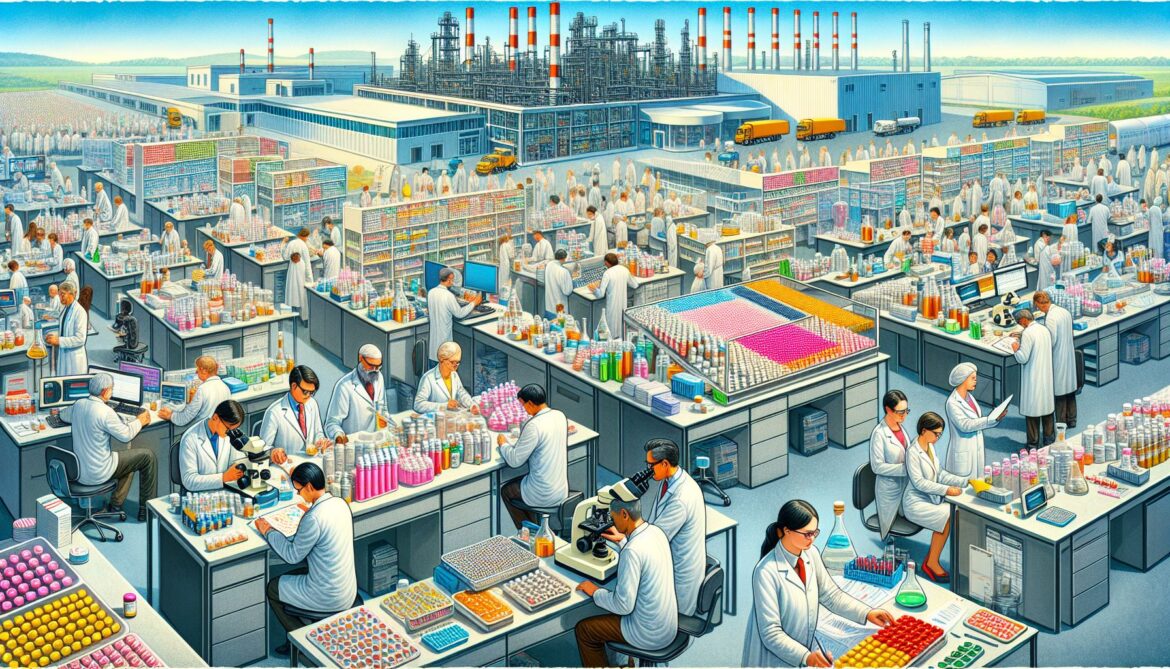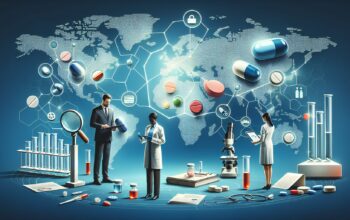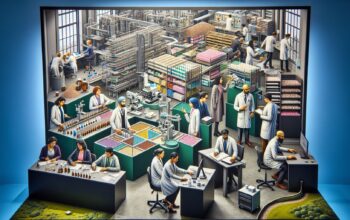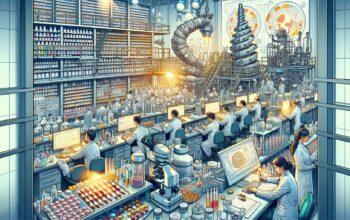
Medicines are an indispensable part of our lives, helping us combat diseases, alleviate pain, and improve our overall well-being. Behind these tiny pills and powerful syrups lies the vast and dynamic world of the pharmaceutical industry. In this blog post, we will explore the fascinating realm of medicines, the role of the pharmaceutical industry, and the impact it has on our lives.
The Role of Medicines
Medicines are substances or compounds designed to diagnose, treat, cure, or prevent diseases. They come in various forms, including tablets, capsules, injections, creams, and liquids. Medicines work by interacting with the body’s biological mechanisms, targeting specific cells, receptors, or processes to achieve a desired therapeutic effect.
The primary objective of medicines is to improve patient outcomes and provide relief from symptoms. They can address a wide range of conditions, from common ailments like headaches and colds to complex diseases like cancer and chronic conditions like diabetes. Medicines have played a pivotal role in increasing life expectancy and reducing mortality rates worldwide.
The Pharmaceutical Industry
Behind the development, production, and distribution of medicines lies the pharmaceutical industry. This vast sector comprises companies engaged in research, development, manufacturing, and marketing of medications. Pharmaceutical companies invest heavily in research and development, exploring new molecules, testing their efficacy and safety, and obtaining regulatory approvals.
The pharmaceutical industry operates under stringent regulations and protocols to ensure the quality, safety, and efficacy of medicines. Companies must comply with Good Manufacturing Practices (GMP) and undergo rigorous testing before their products reach the market. This ensures that patients receive reliable, effective, and safe medications.
Innovations and Challenges
The pharmaceutical industry is constantly evolving, driven by innovation and cutting-edge research. Advances in technology, genomics, and data analysis have revolutionized drug development, enabling faster and more targeted therapies. Pharmaceuticals are now venturing into personalized medicine, designing treatments based on individuals’ unique genetic profiles.
However, the pharmaceutical world faces several challenges. Developing new drugs is a time-consuming and expensive process, often taking years and significant investments. Addressing the unmet medical needs of underserved populations, regulatory hurdles, and ensuring equitable access to medicines are ongoing concerns. Additionally, the industry faces criticism for high drug prices, often attributed to the cost of research and development and marketing expenses.
Conclusion
The world of medicines and the pharmaceutical industry play a vital role in improving global health. Medicines have revolutionized healthcare and contributed to better patient outcomes and increased life expectancy. The pharmaceutical industry’s ceaseless quest for innovation and discovery provides hope for new treatments and cures on this website.
However, it is crucial to address challenges such as affordability, accessibility, and ethical practices to ensure medicines are available to all who need them. Collaboration between pharmaceutical companies, healthcare professionals, regulatory bodies, and policymakers is vital to shape the future of medicine and guarantee its benefits to society at large.
Next time you take a pill or pour out a syrup, remember the vast network of scientific research, testing, and manufacturing that went into making that medicine available to you. Medicines are much more than what they appear – they are the result of an intricate and essential industry that aims to heal and improve lives.


